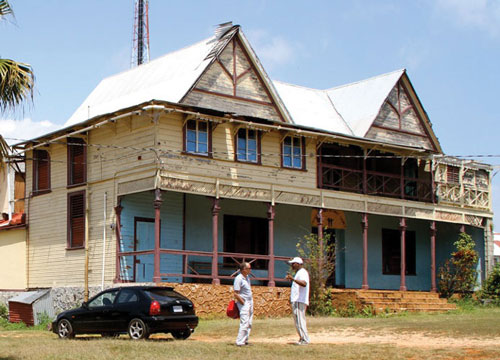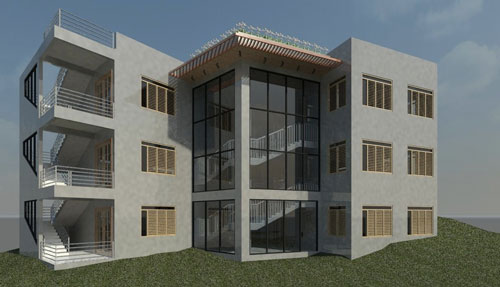October 27, 2010
|
Fonda Cassidy, from the Mt. Olivet UB church in Mt. Solon, Va., is currently in Haiti with a Samaritan’s Purse team. She sent this report on October 26.
The Hatiian people are in the midst of a crisis with outbreaks of cholera. Our first day of clinic on Sunday was only treating cholera. Really critical patients were placed on gurneys and IV’s started. I am happy to say that a lot of the IVs I brought were used in the first day!
There were times when someone would come running with a very limp and emaciated body. I believe in all my travels it was the first time I have encountered cholera.They have profuse emesis that they describe as “rice water,” and that is exactly what it looks like.
Each time as people of around 30 per room would vomit, or have diarrhea, we would have a cleaning lady come and mop. Do you know what it is like to mop on an old cement floor? We were wading through it! They brought in white boots for us to wear.
We were told not to touch our face. They set up hand washing stations with bleach water. I put a mask on even though cholera is not air-born I was afraid I would be accidentally touch my face.
Mid-day now, it is very hot! We saw young and old alike go on to meet their maker. That was the first day!
Now today the third day of clinic, our cholera team actually saw fewer patients. CNN has been here and interviewed Samaritan’s Purse several times, We have seen planes come in with supplies.
It is exciting to be witnessing for the Lord. We have rejoiced with many who have received Christ. We have pastors that will be following up with each patient. Today the clinic where we were working saw 131 patients, and we had 7 first-time converts.
I saw a lady who was 53. After I examined her, she looked at me and smiled and said, “I want to receive Christ into my heart!” What a true blessing.
Also, I was excited today to talk by phone to the United Brethren pastor who is in charge of the work here in Haiti. He is coming tomorrow to see me here in Citi Soilel. I tried 2 times yesterday to get in touch with him but no ringing of the phone. Today the phone rang–he answered and he is coming tomorrow–so I am hoping to get to see our Haitian churches tomorrow!



 Marilyn Reeck sent the following message on Wednesday, November 3. She and her husband, Roger, are missionaries with Wycliffe Bible Translators and part of the Global Ministries endorsed staff.
Marilyn Reeck sent the following message on Wednesday, November 3. She and her husband, Roger, are missionaries with Wycliffe Bible Translators and part of the Global Ministries endorsed staff.